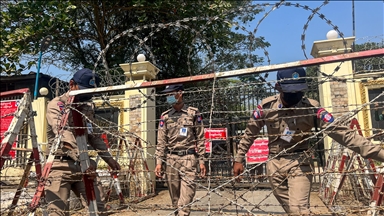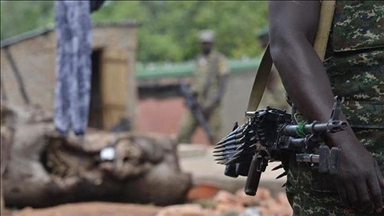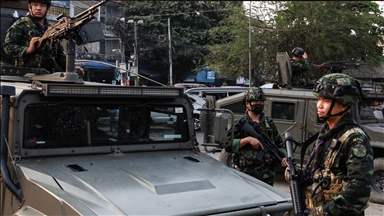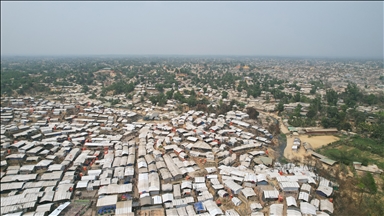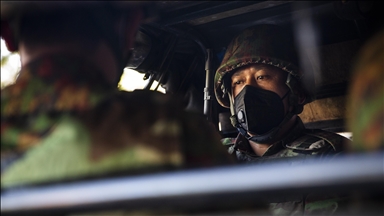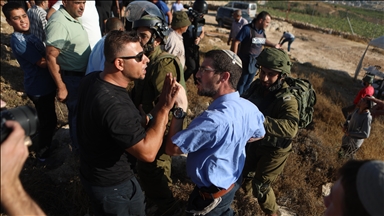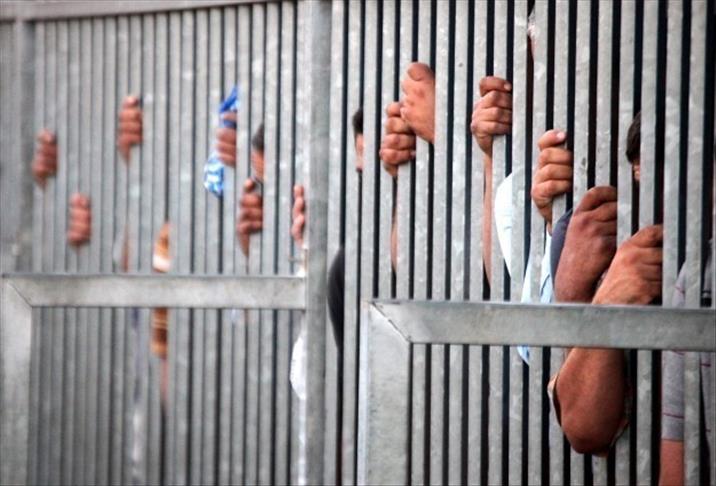
By Joshua Carroll
YANGON, MYANMAR
A plan by the Myanmar government to resettle tens of thousands of Rohingya Muslims displaced during deadly religious violence has been slammed as “nothing less than a blueprint for permanent segregation and statelessness” by a leading rights group.
New York-based Human Rights Watch (HRW) said Friday that more than 130,000 people from the long-persecuted minority face “arbitrary, indefinite detention” in closed camps because of the plan.
The proposal is part of a draft paper that also details a scheme to force the mostly stateless Rohingya to register officially as “Bengali” in order to be granted citizenship.
Many in Myanmar regard the Rohingya as interlopers from Bangladesh, despite evidence the group has lived in the country for centuries. Those who decline to be identified as Bengali face detention in isolated centers.
Many Rohingya would be loath to renounce their ethnic name, fearing that identifying as Bengali would clear the way for Buddhist extremists bent on a campaign of ethnic cleansing against them.
Earlier this year, the Rohingya were excluded from a historic nationwide census after the government broke its promise to allow the minority to register under their own ethnic name.
In 2012, riots erupted in Sittwe, the capital of Myanmar’s western Rakhine state, forcing an estimated 140,000 to flee their homes. The majority were Rohingya, who still live in squalid camps, confined behind checkpoints to a large swathe of land on the capital’s outskirts and banned from entering Buddhist areas.
The U.N., aid agencies and rights groups have decried living conditions in the camps, where access to basic medical care, education and adequate food is often hampered by severe restrictions on movement and animosity toward foreign aid workers – who are accused of being biased in favor of the Muslim community.
The Myanmar government’s “Rakhine State Action Plan” is billed as a way of encouraging development following the conflict.
But Phil Robertson of HRW said the plan “appears designed to strip the Rohingya of hope and force them to flee the country.”
“The Burmese [Myanmar] government’s plan proposes segregation measures that have been advocated by extremists,” he added. “Moving the Rohingya further from urban areas to isolated rural camps will violate their basic rights, make them dependent on outside assistance, and formalize the land grab of Rohingya property.”
Over 1,000 Muslims have already taken part in a pilot citizenship verification project in Rakhine.
Of those just 209 were declared eligible for citizenship, including Kaman Muslims who - unlike the Rohingya - have legal recognition in Myanmar.
The treatment of the Rohingya has marred the largely positive image of Myanmar’s reformist government, which came to power in 2011 following five decades of harsh military rule that left the country isolated from most of the world.
Anadolu Agency website contains only a portion of the news stories offered to subscribers in the AA News Broadcasting System (HAS), and in summarized form. Please contact us for subscription options.


